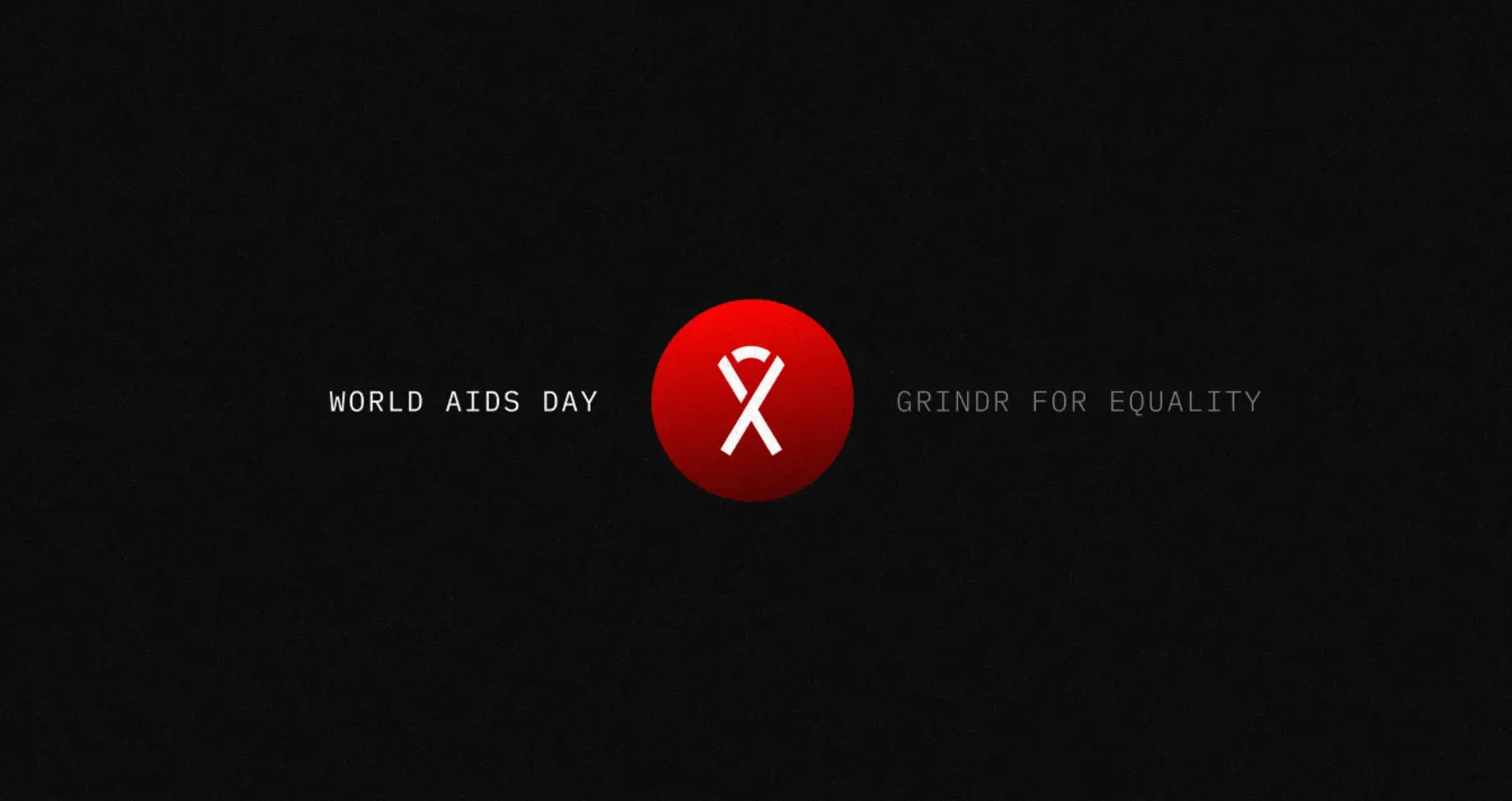Read of The Month: Homie

Read of the Month: Danez Smith’s Homie
We’re kicking off our monthly reading series with Danez Smith’s Homie, a book of poetry that bursts with unbridled joy and sexuality, even while sharply surveying the current landscape of racism and violence in America. Through the grace and power of Smith’s words, Homie brings to life a world where survival, friendship, and hope all intersect to form a kaleidoscopic vision of present-day realities. Press play above to see them read an excerpt, and dig into our interview below for more on how Homie came to be.
PATRICK: Homie came out yesterday (Jan 21), congratulations. How does it feel when something so personal goes out into the world?
DANEZ: I think I made my peace with being an artist whose work exists in the confessional realm a long time ago. I just realized that to make art was always going to mean giving up a little bit of myself or revealing the personal in every little bit of what I do, whether it is actually about me or not. I think that was just part of being an artist for me, or at least like how I think about my own art. And so, yeah, I'm at peace with it. I guess it's not too bad. Because I always know that as personal as the art can be there is always a self that is not up for consumption.
PATRICK: This is now your third major work. Does releasing it feel different than the first or second book?
DANEZ: Oh, that way is the same every time. I think I was hoping that by now it would feel different. You're always on pins and needles and you hope that a book will touch people in the ways that you never expected and you always hope that your art is going to be useful and felt by folks. It's always scary to have new work coming into the world.
PATRICK: I'm obsessed with writer’s schedules as, I think, are most writers. What does your writing day look like? Do you have any rituals?
DANEZ: Hm, I don't have any rituals. I think writing happens however your life looks at the time, you know? I guess that is to say that I've had rituals in the past, but that it changed with the season.
PATRICK: What was the writing process for Homie?
DANEZ: I don't remember. It's too much. It's like, you live your life and it's about what other things need your attention and time, whether your relationships are at peace or your friendships, or your family. What’s going on with your health or your money? If it was tax season, do you need to stress about that for a little bit? Maybe not as much writing happens. Everybody wants to know, “How do you get it done?” You just sit the fuck down and do your writing. It's a discipline. It's an end like whatever your life looks like. Then you look for the areas in which you could write into, sometimes that happens abundantly, and sometimes you're writing for like 10 minutes in the dark hours of the morning or right before bed. Sometimes you're writing on the train on the way to work. And so, you know, I think that the trick is just if you’re a writer you write.
{{video-inline-cta}}
PATRICK: The book Homie actually has two titles, why?
DANEZ: Because I could [laughing]. I didn't know if it was bold or spectacle to actually put “my n**” on the front. And I think I was very conscious about the publishing industry and about who buys, you know, what is the mechanism in which books move and who reviews those books and advises books and all that kind of stuff. I also didn't want non-black folks to do with the N word, and my book, what they do with it in hip-hop: which is to enjoy it. So I called it Homie, which I think is also a true title for the book. There is this sort of wall, you know, through the type of the second title page and the little office note that kind of addresses, like, hey, you are more than welcome here. You know, there's some champagne in the back and just like, watch your mouth. You know, don't touch the good stuff.
PATRICK: You use humor a lot in these poems. Is that important to you?
DANEZ: I don't think my first book was very funny. “Don't Call Us Dead” has some moments of dark humor, or maybe call it camp? Even within those heavy poems it’s sort of like laughing at a funeral. It’s like somebody laughing at a very dark German fisting porn.
PATRICK: My favorite type of humor.
DANEZ: Yes, my favorite too. I think part of the engine for Homie was writing through joy and I think inviting humor into the situation because I think humor is one of the ways that we can touch joy easiest. And plus, I feel like I'm pretty fucking funny. I think I'm on a mission to find a voice in poetry that feels indistinguishable from my own, and as I've moved and walked through the world, I’ve realized that humor is something that makes me feel more like myself.
PATRICK: I want to talk about “On Faggotness” because it concerns one of my favorite subjects: faggots.
DANEZ: Yeah, I guess, I identify more with being a faggot than I do with being gay, and I think it's because faggot, um, or even just like capital Q queer, really signals political position as well. I like the attitude of “fuck trying to inch towards normalcy.” I think the end goal for queer rights is far beyond, you know, adoption or marriage. Not saying that it can’t include that, but that I never want the desire to make queer look as close to straightness as possible. Cool faggots move the world. Who are faggots? I think that poem isn’t done yet. I think it's just like, you know, it feels like a poem in the middle of several columns to me. You know, how can these old ladies at the gym be faggots? How are me and all my friends faggots in different ways? What is it that makes a faggot, a faggot?
PATRICK: “My President” almost subverts the expectations of the title to celebrate instead of deride. What made you explore this path?
DANEZ: I realized, or I guess I kind of always knew, but it’s always kind of been like, fuck the President. Even the “good ones.” I wanted to subvert the idea of what a president could be like—it's just a person who you follow. And who do I actually follow, but the people who I live amongst and create amongst, and walk alongside and who actually make the living happening, little by little, every day. Those are the people that you follow, like fuck all these presidents, right? It’s just that the Presidency has never had our best interest in mind.










.gif)
.webp)


.webp)
.webp)










